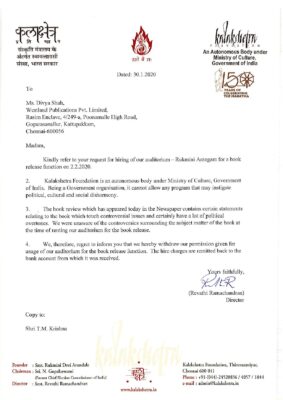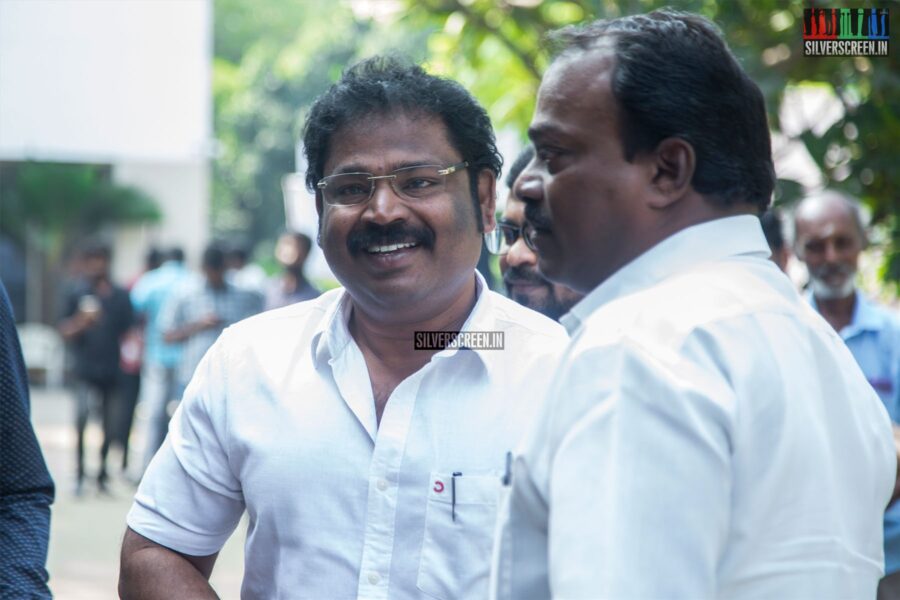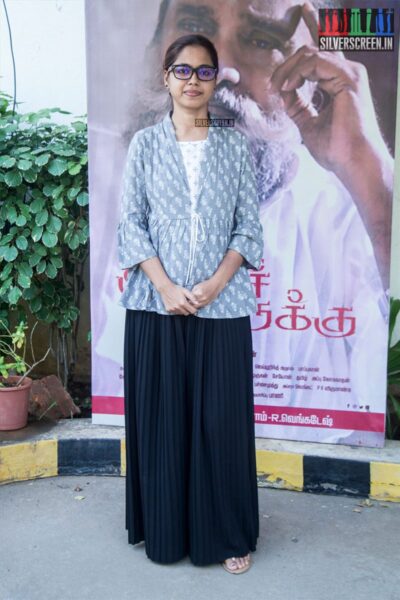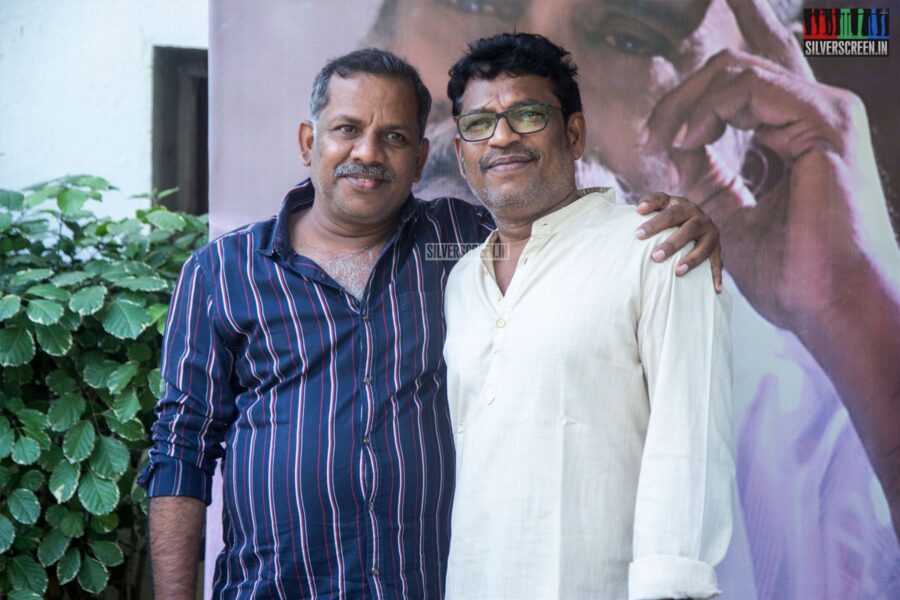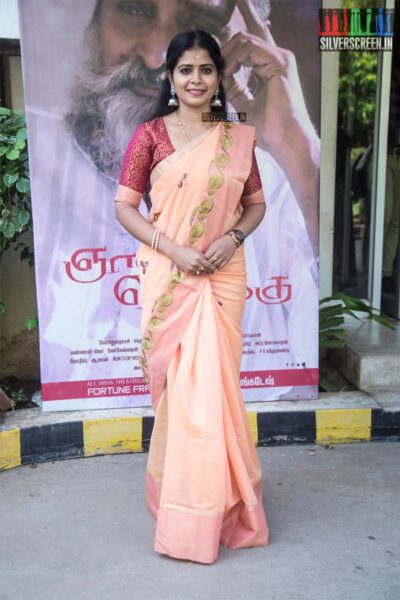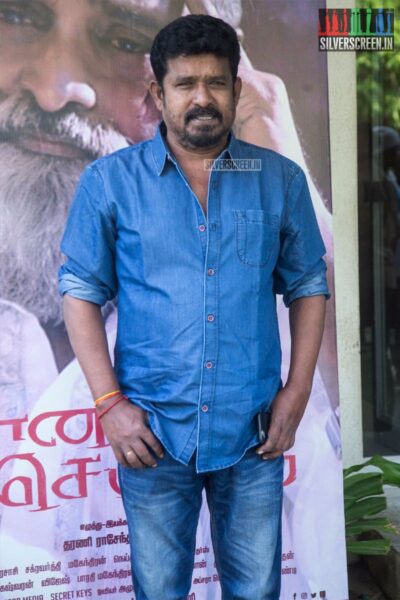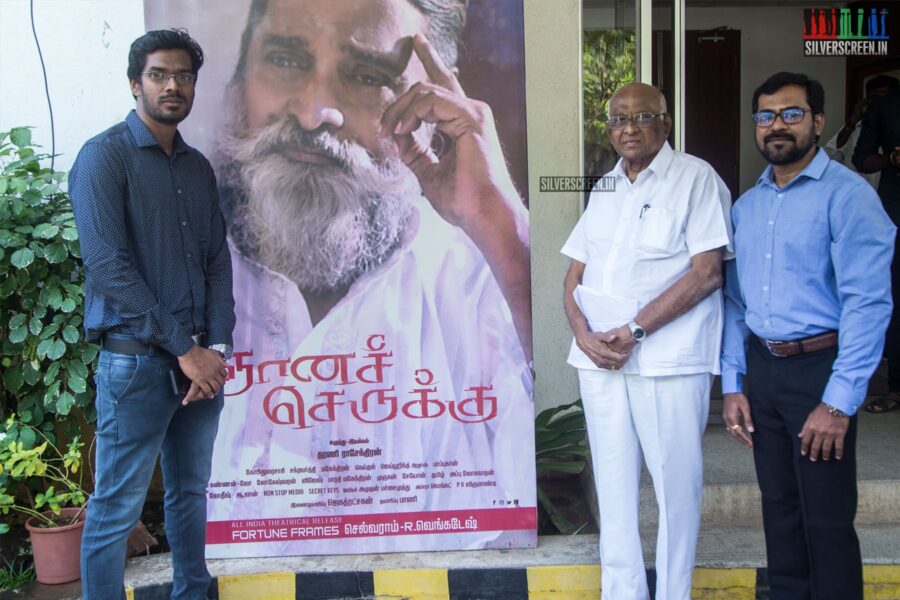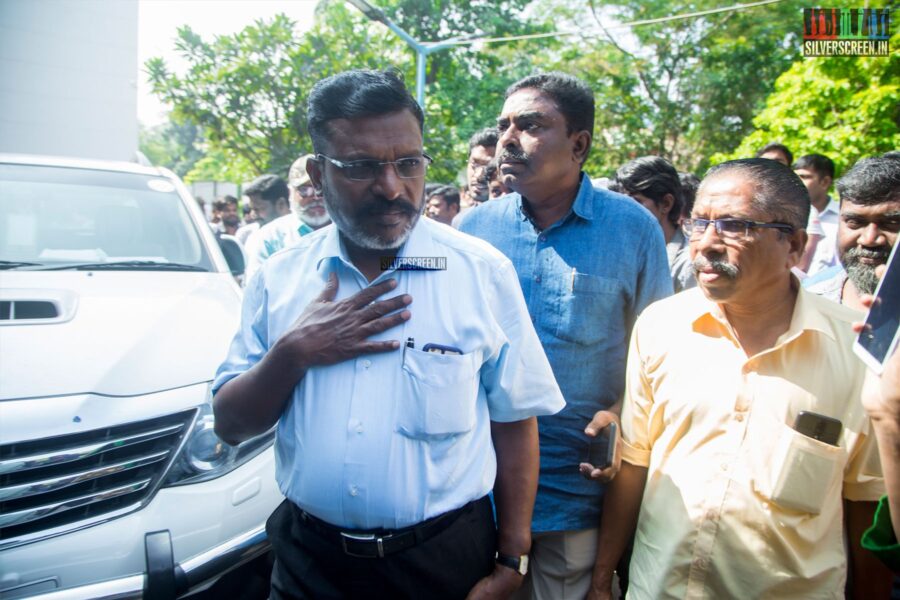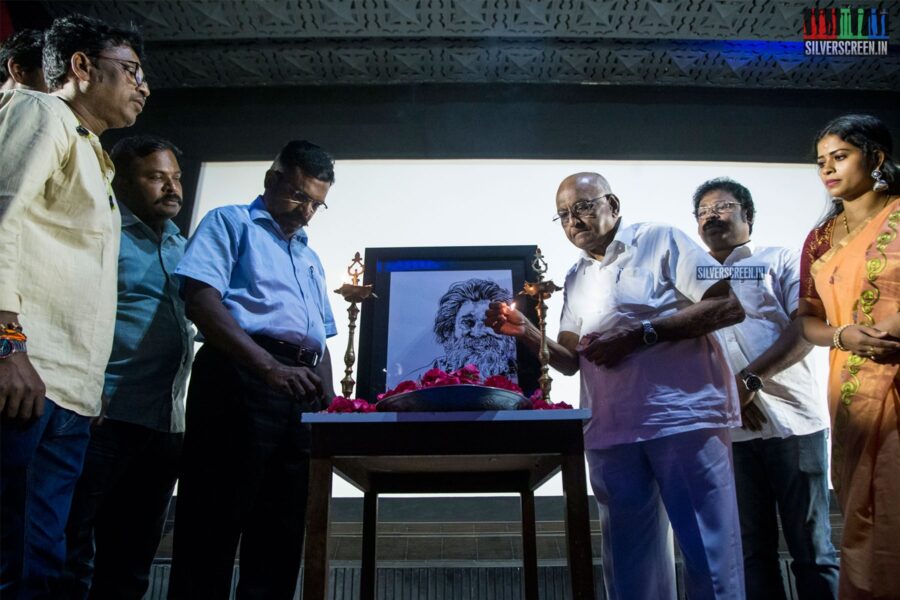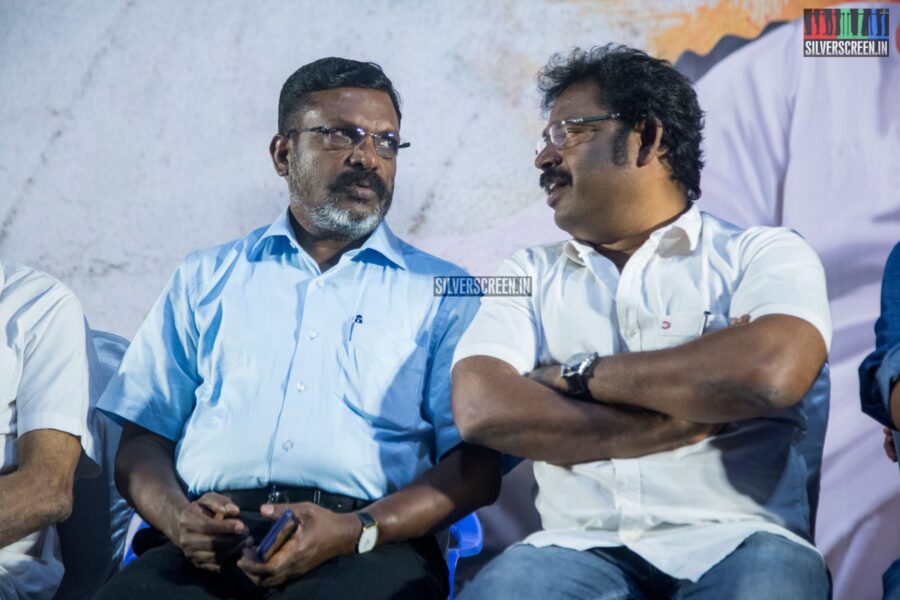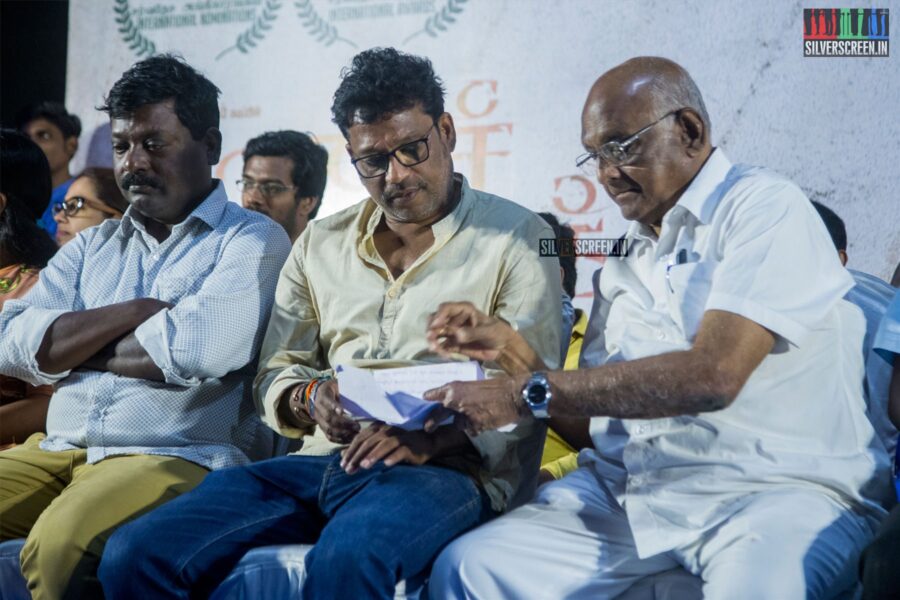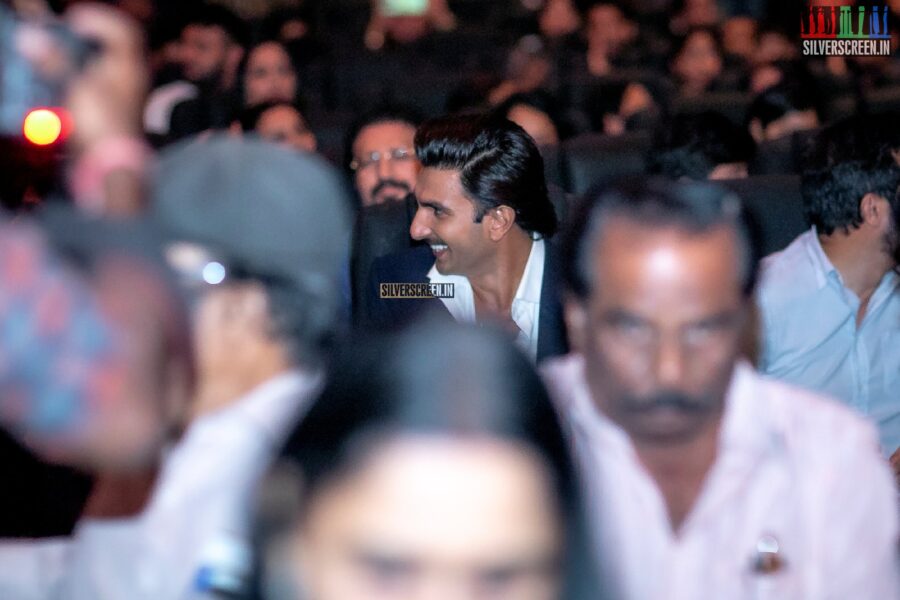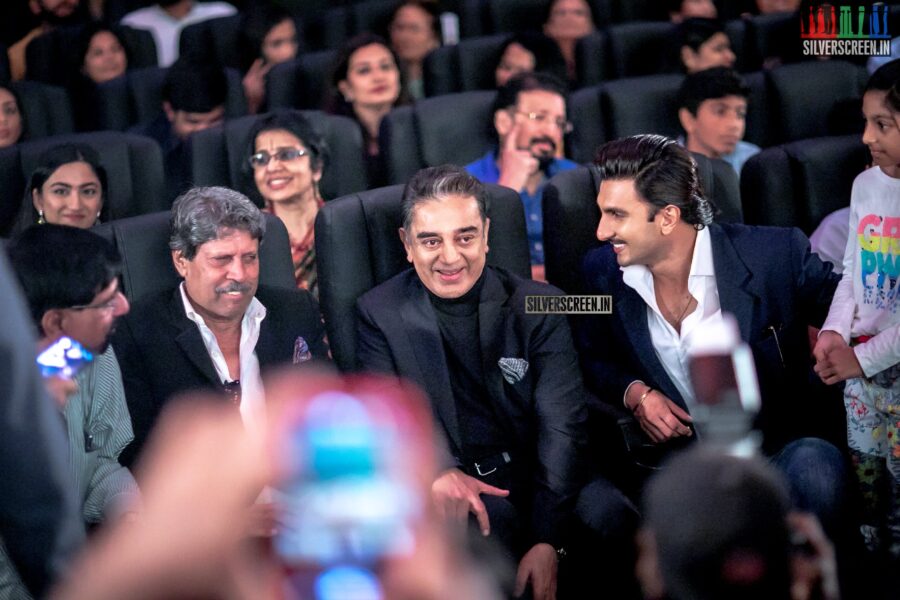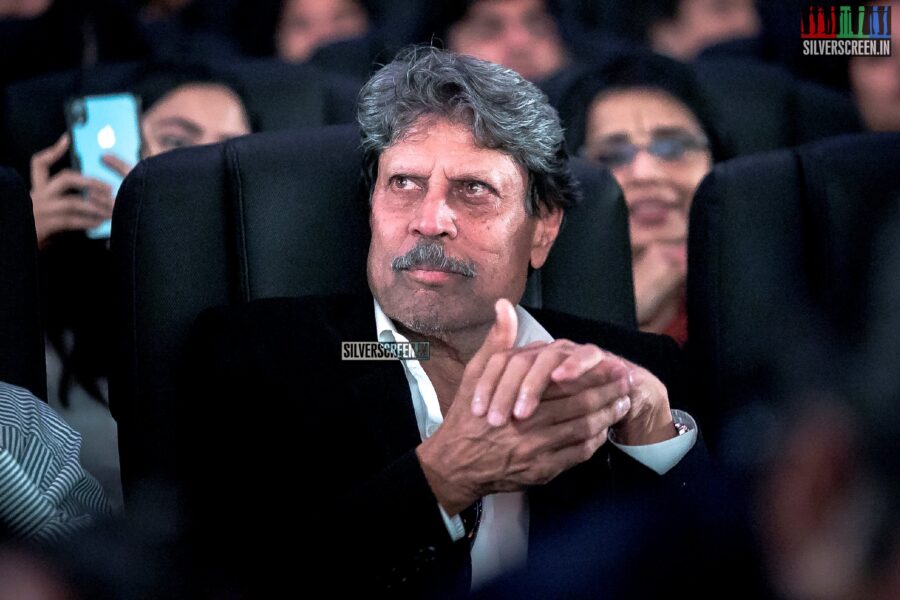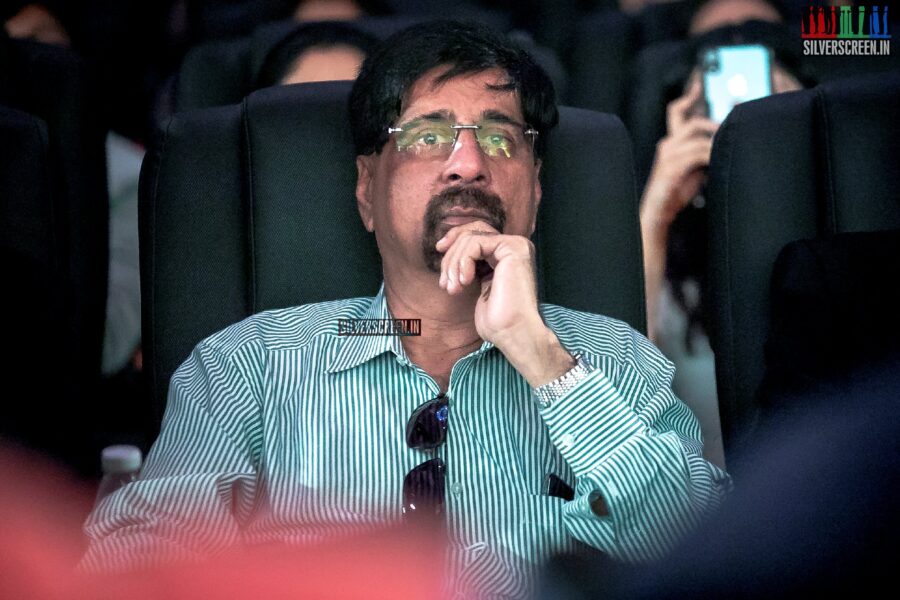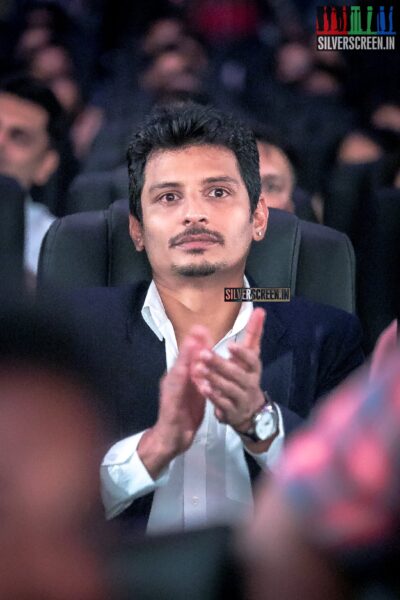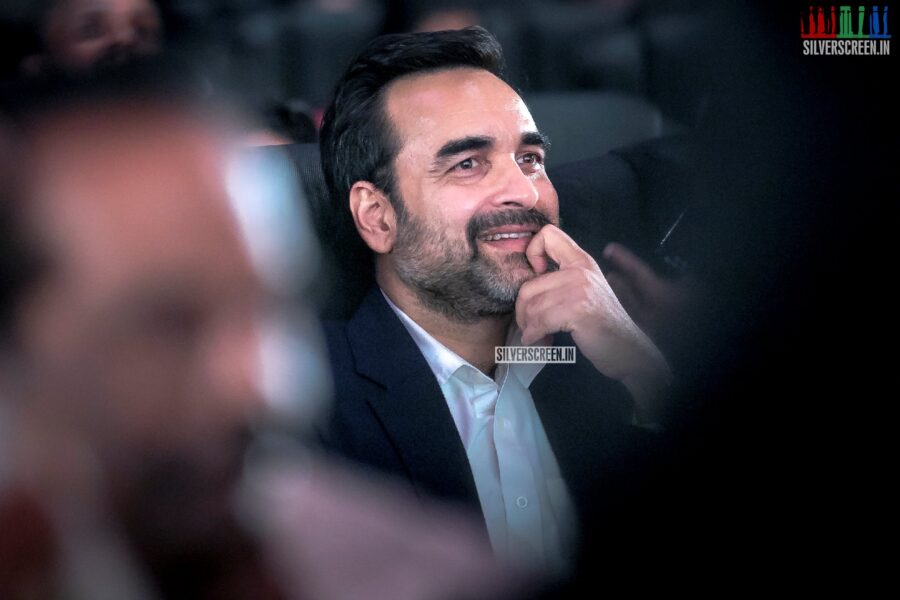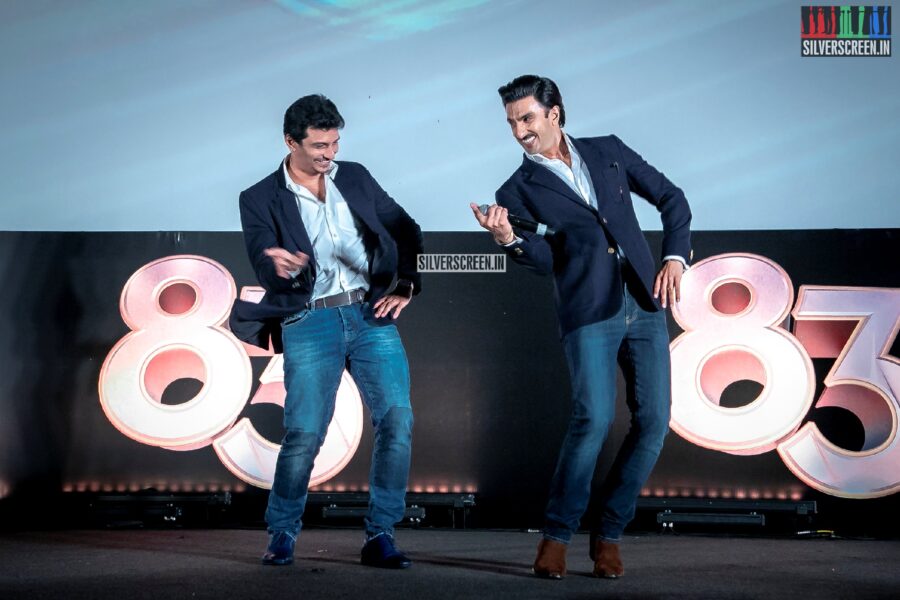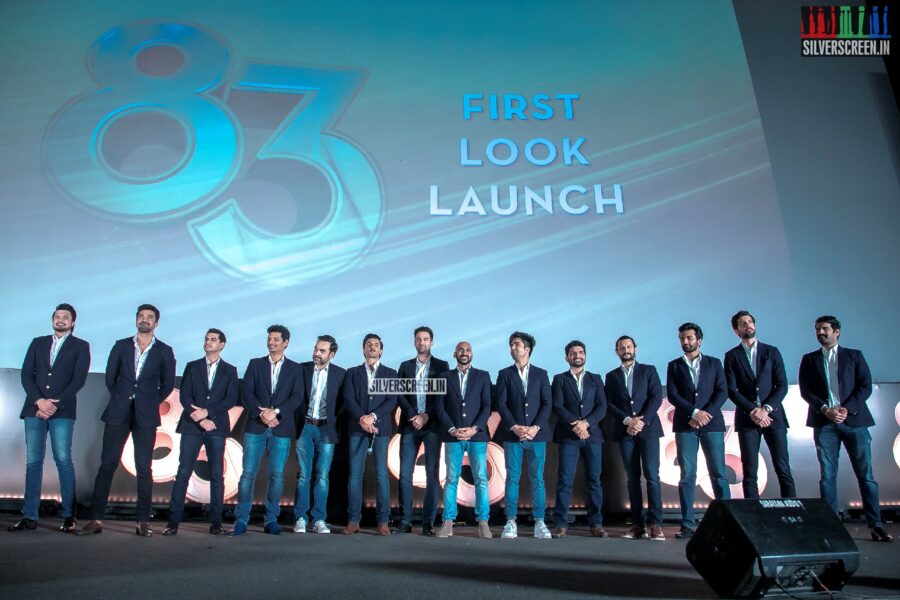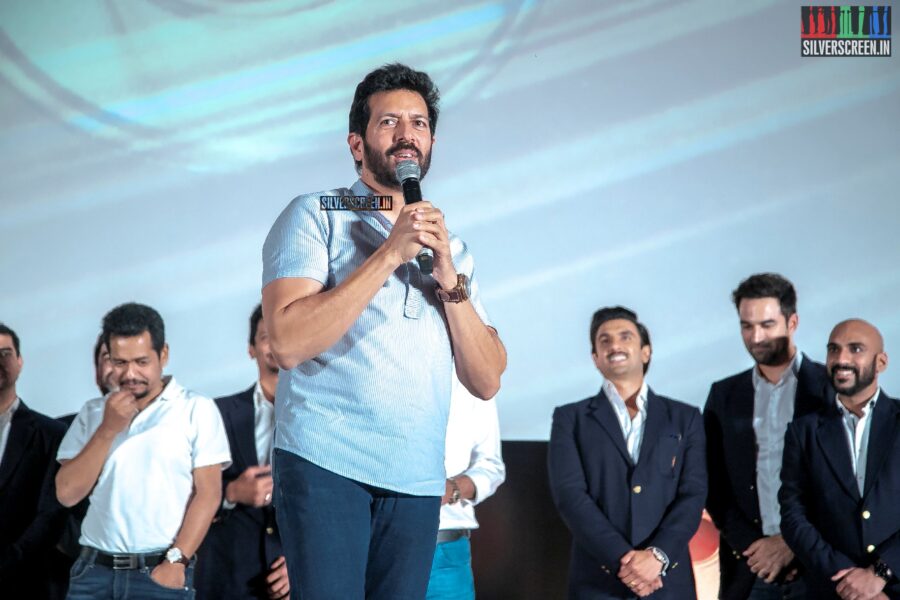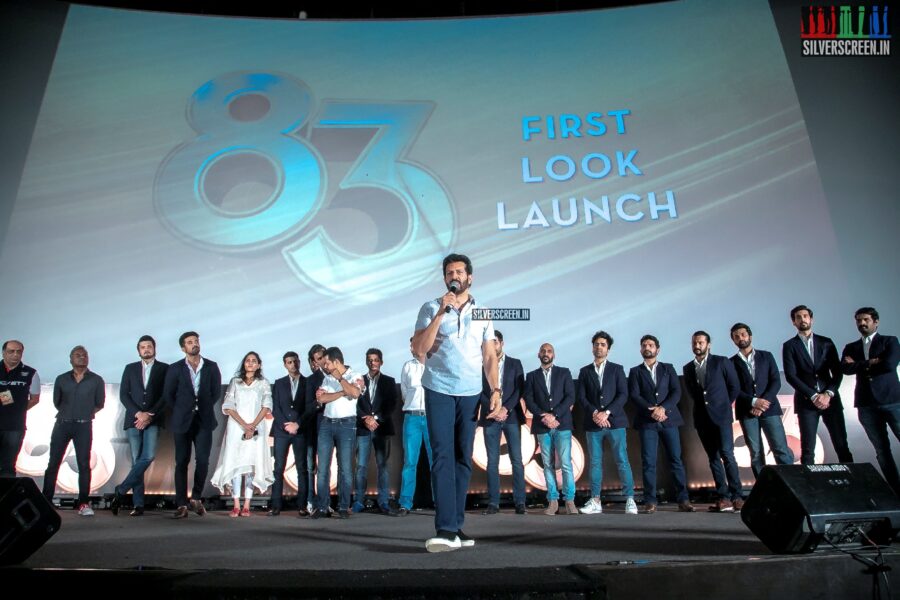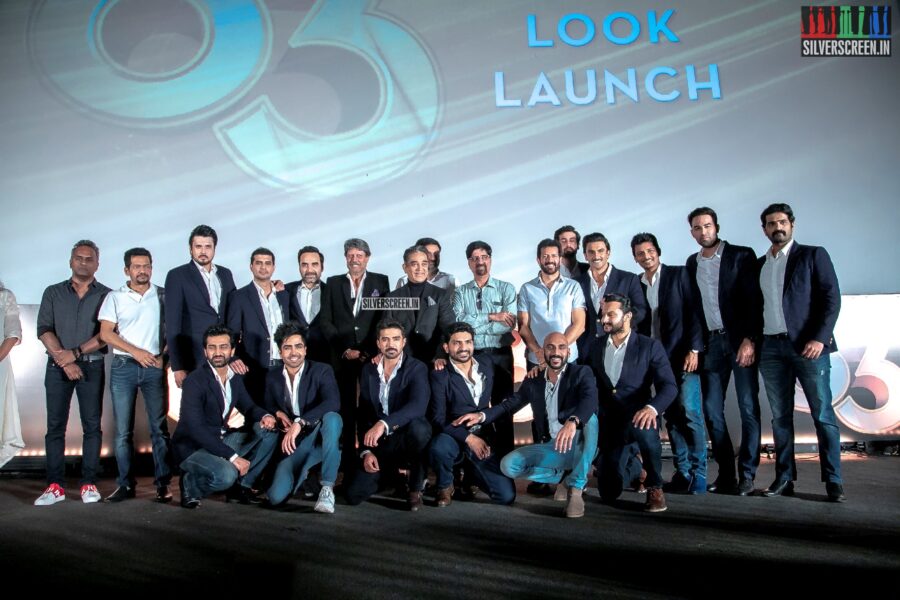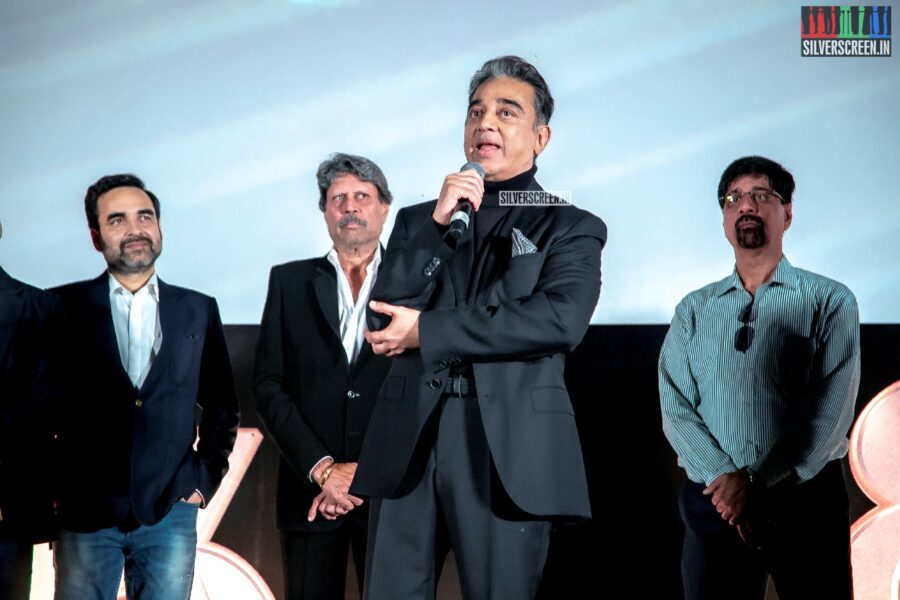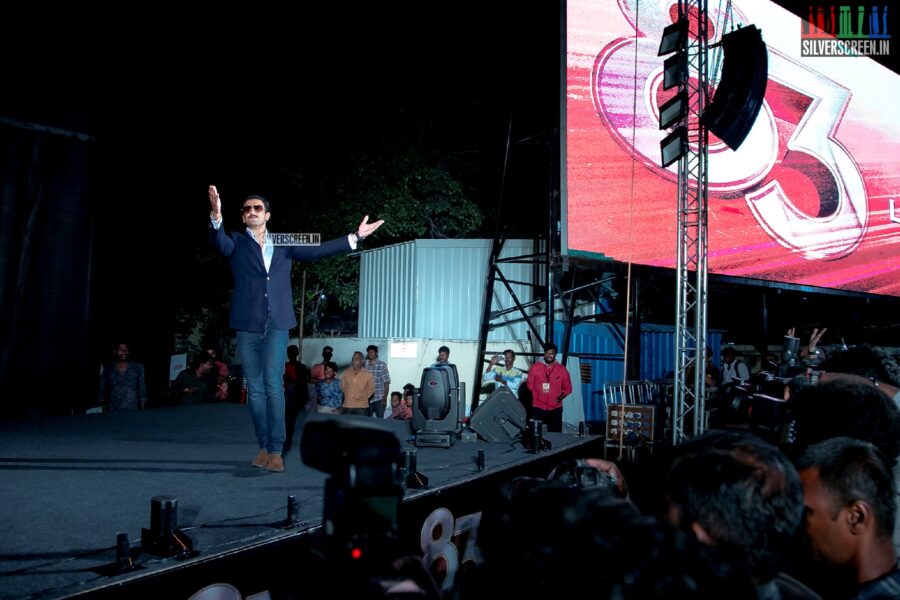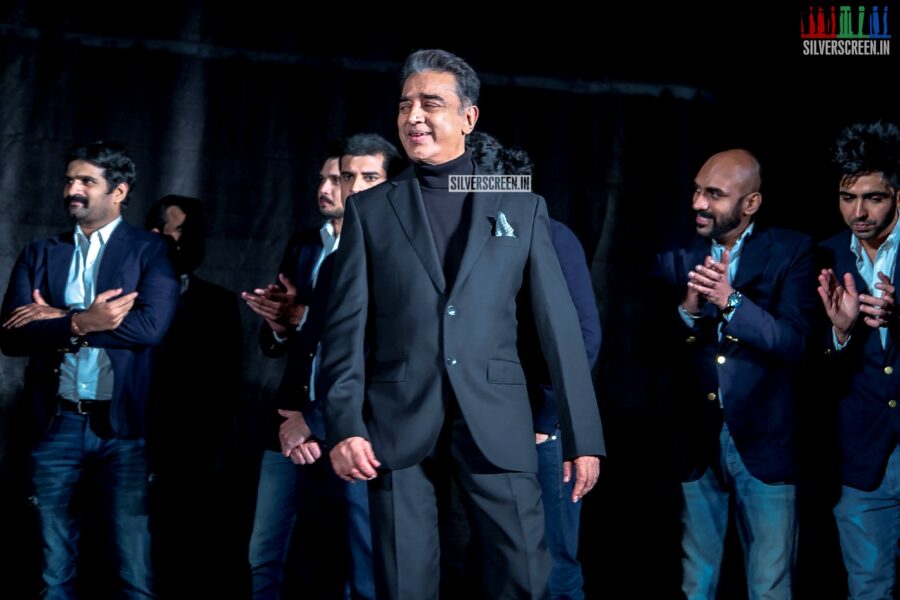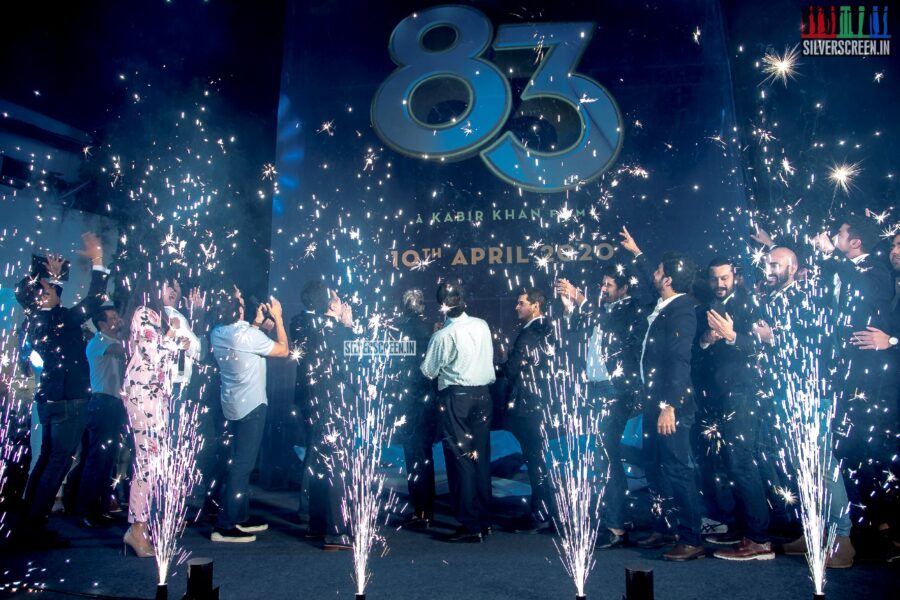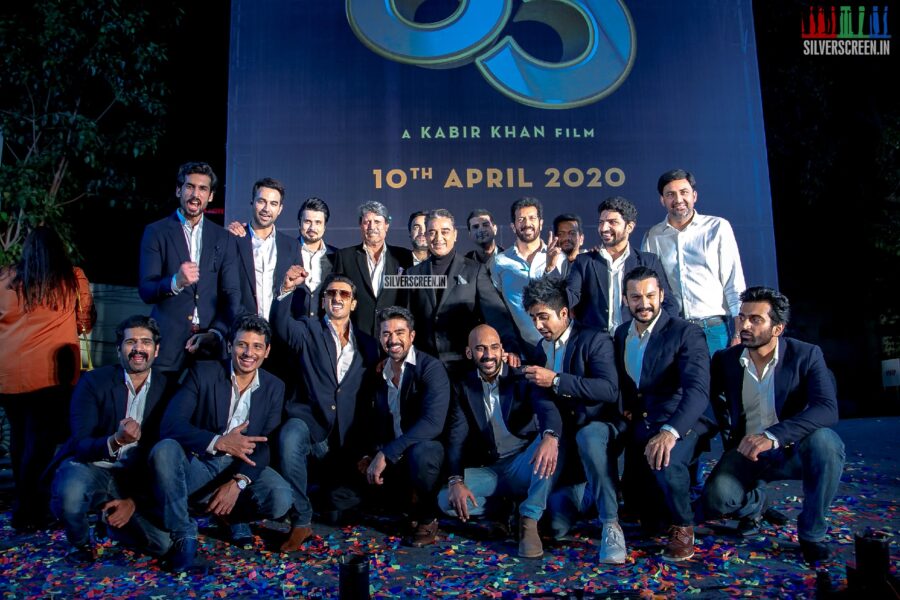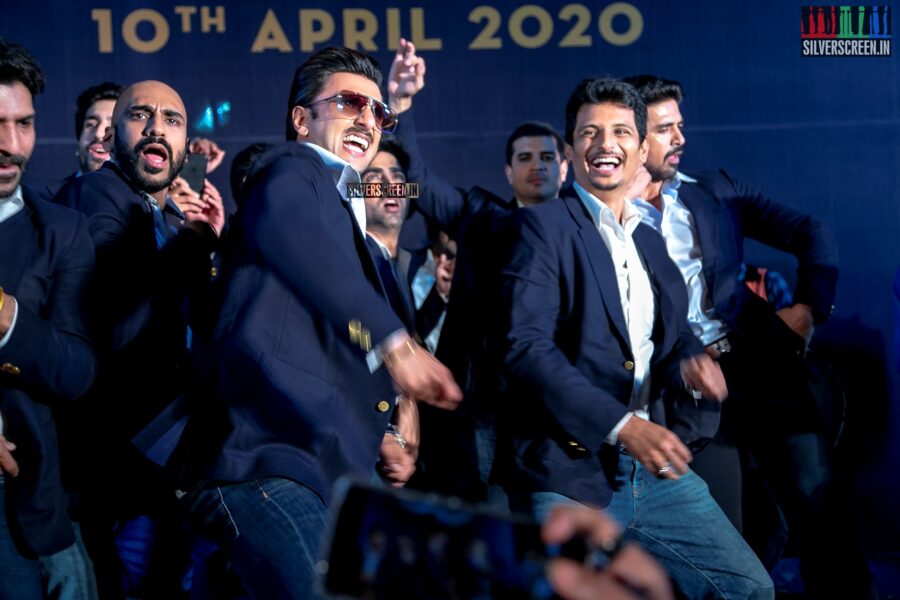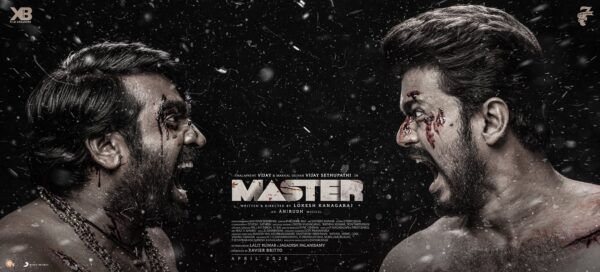Two siblings, Rishi (Jiji Scaria) and Rithu (Neetha Pillai) set out to avenge the murder of their family members in Abrid Shine’s Kungfu Master. The film’s simplistic plot is an excuse for some fantastically executed martial arts sequences that unfold in a picturesque Himalayan village.
Raising the bar of martial arts sub-genre of action in Malayalam cinema isn’t a difficult task as the bar doesn’t really exist. Malayalam cinema has never produced an authentic martial arts film that doesn’t dilute the genre with sexist item dance sequences and lazily staged pulpy moments.
Kungfu Master, hence, is a pioneering work in this space, inspired by the Hong Kong martial arts films thematically as well as stylistically. The latter half of the film is nearly dialogue-less, entirely focused on elaborate and well-choreographed action sequences.
The film is from the interesting filmography of Shine, who made two popular films 1983 and Action Hero Biju. He then spent over three years making Poomaram, an experimental ‘plot-less’ film featuring a large horde of new and young actors, that explores the colourful universe of a three-day youth festival in Kochi.
Following the release of Poomaram in 2018, the director disappeared from social media and entertainment news columns and reemerged last November with a poster of Kungfu Master where Neetha Pillai, the breakout star from Poomaram, was presented in a new avatar, as a Kungfu warrior.
In Kungfu Master, Shine pays all his attention to the action sequences ﹣which are delicious ﹣ but underestimates the importance of a great screenplay in an action film. He designs the narrative using the easiest tropes in an action movie, as a fight between the good and the evil. There is hardly a second layer. What you see on the screen is what it is.
In an elaborate flashback sequence, the protagonists are seen to be leading an idyllic middle-class family life. Rishi is a virtuosic Kungfu fighter and trainer. He’s a doting father to a 10-year-old boy, a loving husband to his heavily pregnant wife, and a son his widowed father relies on. There is a lot of laughter and smiles in the domestic scenes.
At the same time, the villains are characterized in broad strokes, using sex and drugs. When we first see Louise Antony (Sanoop Dinesh), the gang leader, he is snorting cocaine and indulging in an erotic dance with two white women. His gang members are drug-abusers who always wear an expression of smugness and a ‘John Vijay-esque’ menace on their faces.
Also, the film lacks the technical finesse that the action genre demands. Post interval, the Ram siblings change to a suave black trench coat and sunglasses that stand out in the local colours of Uttarakhand ﹣clearly, a stylistic choice inspired by foreign films of this genre. However, the film’s cinematography, production design, and editing, struggle to meet its aesthetic demands.
The background score plays to the gallery, never giving silence a chance. The action sequences take place in abandoned structures in the middle of the wilderness, but the dramatic elements of the setting are lost in poor detailing. Lighting is flat, leaving the emotional moments dry and the stunt scenes short of punch.
The action choreography and performance of the artistes are great, yet you don’t feel the energy of the kicks and punches the way you should be feeling.
Although, Shine does a good job of establishing the siblings’ quest for revenge. Their grief is transformed into vengeance at a gradual pace. And revenge, like Kungfu, demands complete surrender to asceticism. The Ram siblings leave their home first, not in a ceremonious fashion but out of necessity.
Rishi is unable to cope with the traumatic memories of the last night he spent home. Next is Rithu who lets go of the charming young man who wanted to be her life-partner. The siblings move into a house in a remote snow-covered valley, cut off from civilization. You hardly get a shot of them talking, or expressing their anger in words. Yet, you feel the fire burning inside them.
Barring a few, the cast of the film comprises of non-actors. Shine doesn’t make an effort to hide their lack of talent and experience. The many tight-shots of the actors in the former half of the film are dull, rendering the film the look of an amateur television film. Jiji Scaria (Actor Vineeth has dubbed for him) is mighty good when he is fast-punching the villains or breaking their bones, though he barely scrapes by in the emotional scenes.
Kungfu Master doesn’t hit all the right spots and it doesn’t claim formal or thematic originality. But it must be unfair to dismiss it off as yet another forgettable film. There is a shine of sincerity in its attempt to replicate a genre film thoroughly alien to the Malayalam cinema space.
A female presence in the fighting fold is still a novelty in the Indian action movie wing. Neetha Pillai is an artiste malleable enough to be turned into a martial arts warrior or a wide-eyed college union chairman (Poomaram). She proves to be a stunning fighter with a fine precision of movements. And the actor’s talent for underplaying ﹣perhaps she’s not really cut for the other kind of acting ﹣comes handy here. Pillai’s performance is the brightest spectatorial pleasure the film has to offer.
